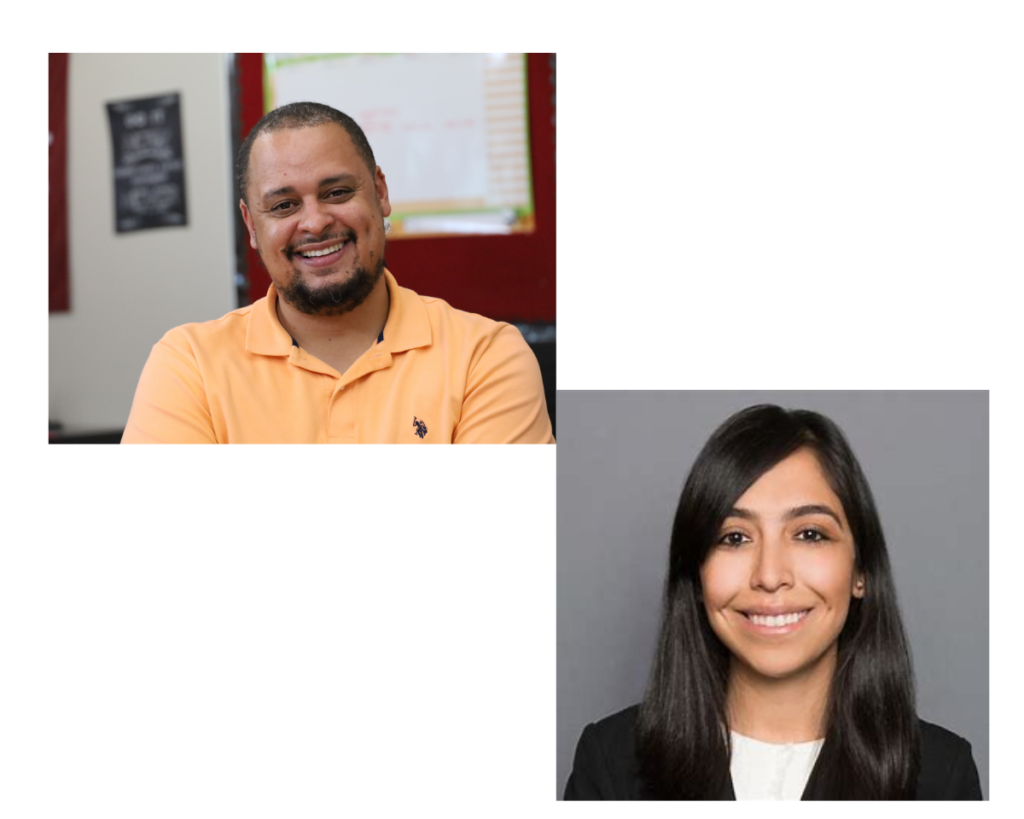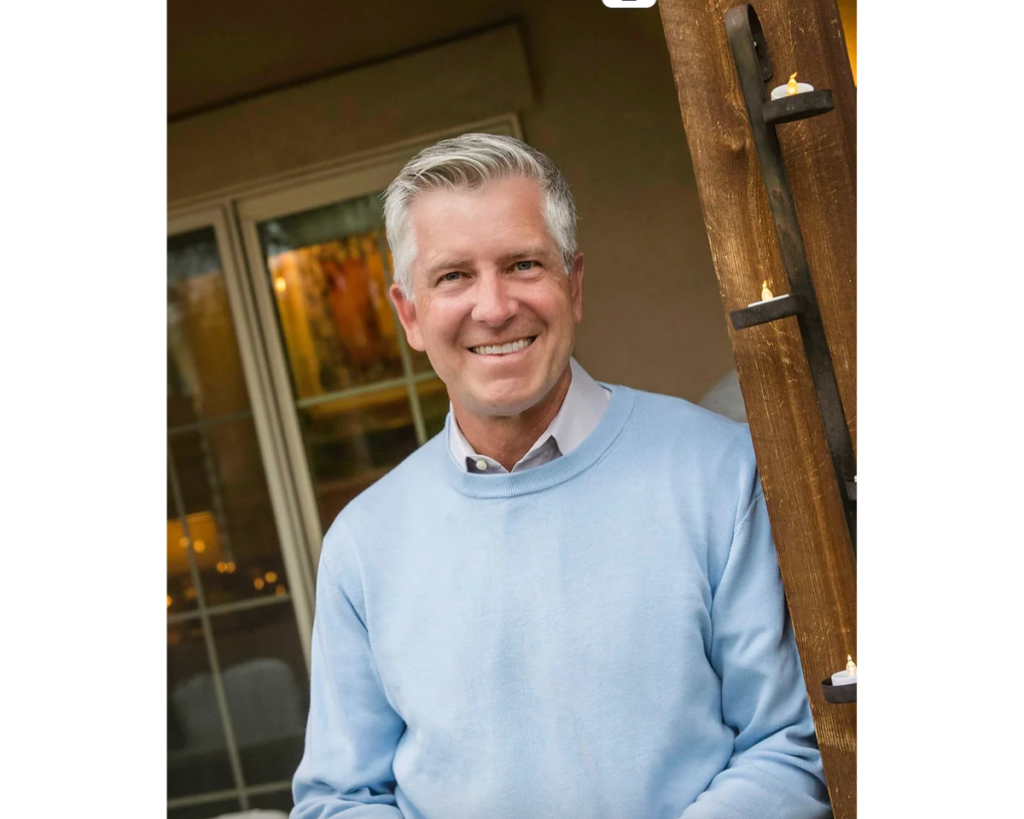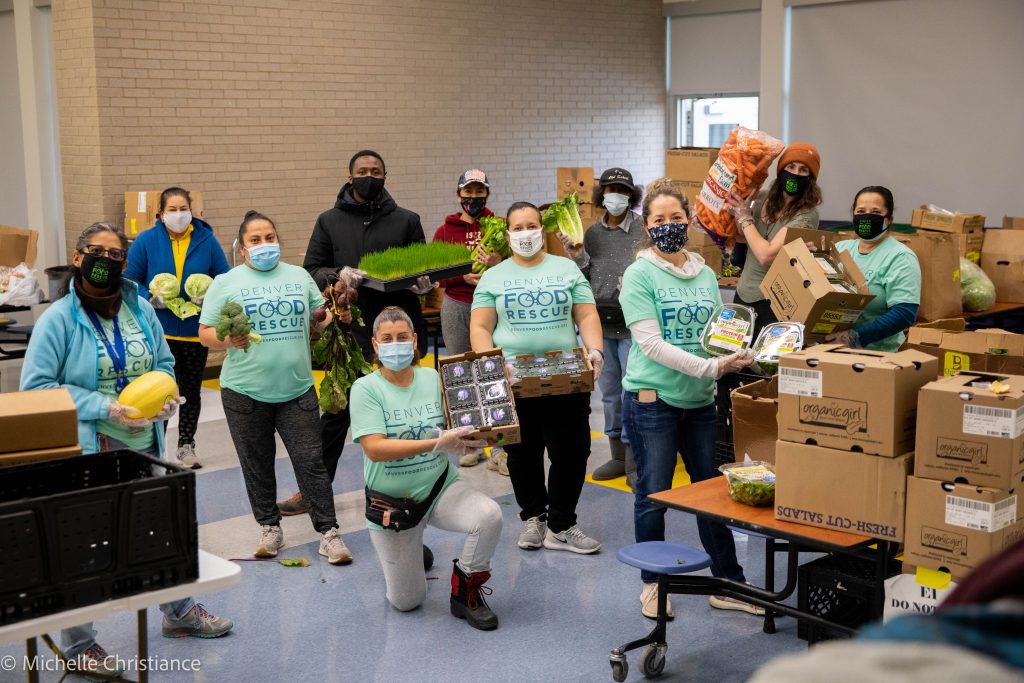The Denver Public Schools board of education election last week saw two particularly tight district races: District Two in Southwest Denver, and District Four in Northeast Denver.
Both former school principal Karolina Villagrana in the Southwest, and current teacher Gene Fashaw in the Northeast, fell by slim margins to candidates who had the backing of the Denver Classroom Teachers Association, making union support the new norm for the DPS board.
These election results could signal a significant shift in DPS’ direction. Denver’s charter schools and semi-autonomous ‘Innovation Zone’ schools appear to have no strong allies on the board.
“When I think about teaching, and my time spent in the classroom, my goal is to really partner with loved ones,” Villagrana said, “And to inspire, motivate, and allow my kids to dream.”
She said she plans to continue forming relationships with students’ families despite not having a seat on the board. Her Spanish-language storybook readings in public parks, “libros en el parque,” which she started during the pandemic, is one way she said she would continue such work.
After falling in the district race to the union-backed Xochitl “Sochi” Gaytan, Villagrana said she hopes that students, especially students of color, are not marginalized in the same ways she said they have been for generations. Students who are still learning English, students whose parents work long hours, or students who cannot afford supplies, transportation or internet service, have had their voices ignored, she said.
“The work is not finished, and it will continue, so our parents’ voices aren’t being ignored,” Villagrana said. “So we aren’t walking into spaces and asking ‘What happened?’ to people who look like me in their first year of college.”
Fashaw, beaten in the District Four race by Michelle Quattlebaum, said it will be “interesting” to see what the election turnout ultimately means for the board going forward, but he also said he worries there will be minimal change, if any, to the current systems in place.
“I believe that the whole system is messed up no matter what side of the aisle you’re on and kind of needs to be reimagined — that was my whole goal by running — but it’s my fear that we’re just going to have more of the same,” Fashaw said.
“I’m also worried that there’s not going to be any accountability for the teachers union… taking care of teachers of color…(or) holding teachers accountable that are not good for the majority students of color.”
Fashaw, an eighth grade math teacher, said he plans to continue holding DPS accountable for changes that “look good on paper” but have not been proven successful yet, such as the Black Excellence Resolution calling for schools to come up with plans to better support Black students academically and extracurricularly. He also said he plans to write more.
“I’ll be writing pieces about things that I know are happening, my experiences in the classroom, showing up at board meetings as I’m able,” Fashaw said.
Villagrana also had the support of Southwest Denver incumbent Angela Cobián, who recently defended charter schools in a board discussion of how to consolidate small, under-enrolled schools.
Also, because this election saw less than a third of registered voters cast a ballot, some have argued that there’s no clear picture of what Denver residents want as a collective.
Vernon Jones, Jr., who came in second to Scott Esserman in the at-large race, said on Facebook: “No matter the outcome, we must take a hard look at why a majority of people do not feel the need to engage in school board elections.” Jones did not respond to requests for an interview.




